Chocolate Is No Longer A Sin With Pierre Marcolini
Pierre Marcolini, founder of the maison of the same name, has been cultivating his expert craftsmanship and knowledge of the process from bean to bar for over two decades.
Every year he travels the world in search of the rarest cocoa beans for use in his Grands Crus chocolates.
For this iconoclastic and passionate chef, working with chocolate is synonymous with pleasure, sharing, discovery, and creativity. Not to mention a dream he has nurtured since childhood: to finally exonerate this delicacy from it’s undeserved reputation as a “cardinal sin”.
So what is the motivation behind his culinary quest?
To serve up rare and unexpected taste of emotion.
The Pemberley: When did you first fall in love with chocolate?
Pierre Marcolini: As a child, I traded my toys with other kids to buy chocolate. I was just about nine years old when I decided that I wanted to be a chocolatier.
The Pemberley: When did you start the business?
PM: I started in 1995 with 30x16 square meters. Today we have 4000 square meters of space, and 84 artisans from all over the world.
The Pemberley: What makes your chocolate unique?
PM: The USP of the brand compared to other chocolatiers around the world, is that we do everything from scratch. Every step of production is done in-house, and closely monitored. I travel around the world to select every product that is used in our brand, and I oversee all stages of production. For example, last month I visited the Sambirano river in Madagascar where the cocoa bean quality is the best. We use the most expensive cocoa bean and our chocolate has no additives, artificial colors or ingredients. The shelf life is only 1 month- compared to other industrialized brands where the chocolate has a shelf life of 6-8 months. Our recipe, flavor, origin and quality are the best in the world.
The Pemberley: What is your mission statement?
PM: We are committed to the environment and sustainability, and we offer the best quality products with natural ingredients and reduced sugar as much as possible. Our product is well thought-out from start to finish.
The Pemberley: What is the most important step in making chocolate?
PM: Like with coffee beans, the roasting process is the most important. One degree can change the taste and flavor.
The Pemberley: Why is the quality of chocolate so important?
PM: Chocolate is like wine— the quality affects how long the flavor stays in your mouth.
The Pemberley: Which is your favorite chocolate?
PM: At the moment, it’s Cuba. It’s not really the cacao that matters but where it’s coming from— which is why I want to offer a diversity of origins.
The Pemberley: How did you get into the industry in general, and to Dubai specifically?
PM: I wanted people to notice the difference between industrial and artisan (handmade by people). Wherever you are, people look for authenticity and this is what determines the difference in quality. Dubai is important because it’s a cosmopolitan city and we get orders from all over the world. I have lived in Dubai for a long time, and I’ve watched the city develop and become very interesting.
The Pemberley: What does luxury mean to you?
PM: I think that the heart of luxury is the process. It’s the difference between having an industrialized product and something that is artisanal. In Belgium we are the only ones who are creating chocolate in this way, and there are only 15 brands worldwide, who are utilizing the 19th and 20th century traditional methods.
The Pemberley: Is chocolate for everyone, or is it a luxury?
PM: It depends. I think that chocolate is the only item in the luxury world that anyone can afford. If you want to buy a bottle of champagne, there’s a huge difference in qualities, and the high quality is not always affordable. But the best quality chocolate in the world will only cost you between 10 and 15 euros.

















